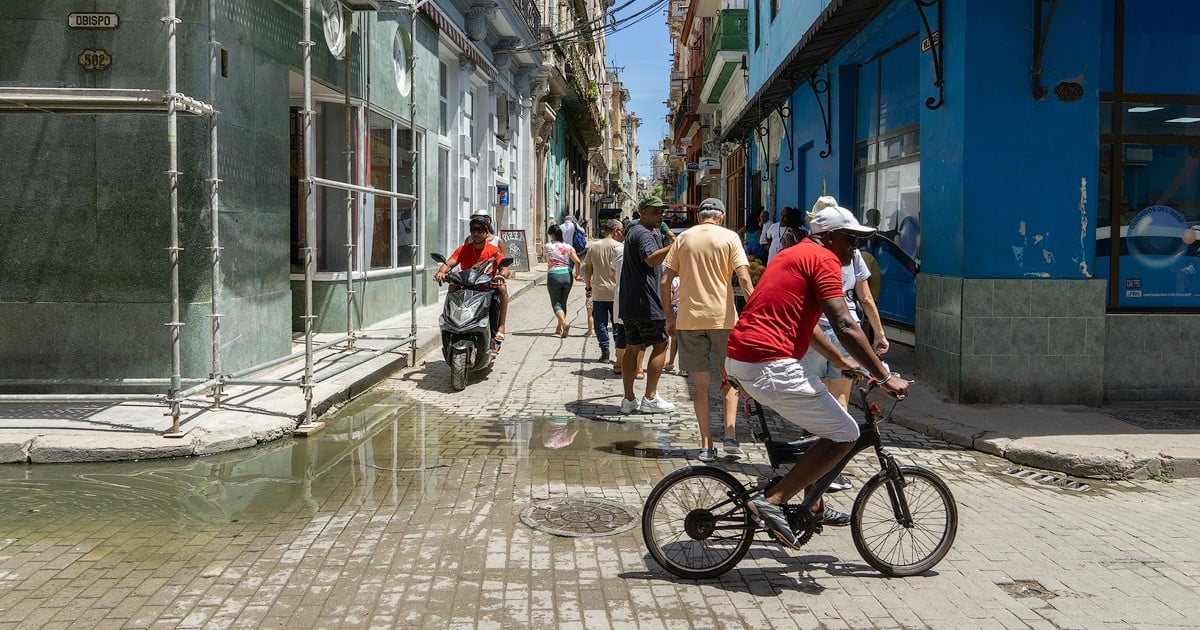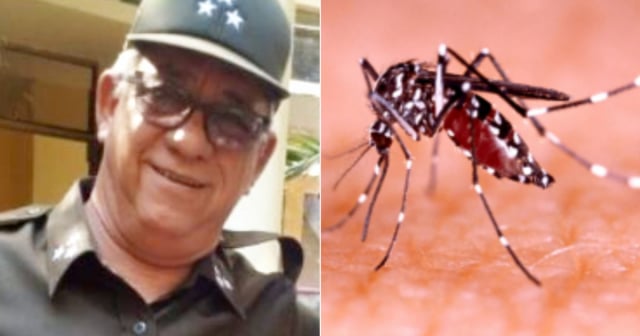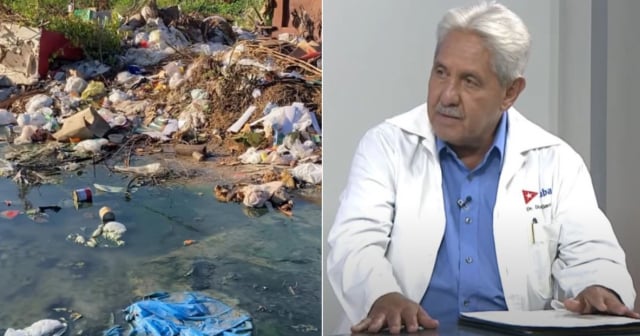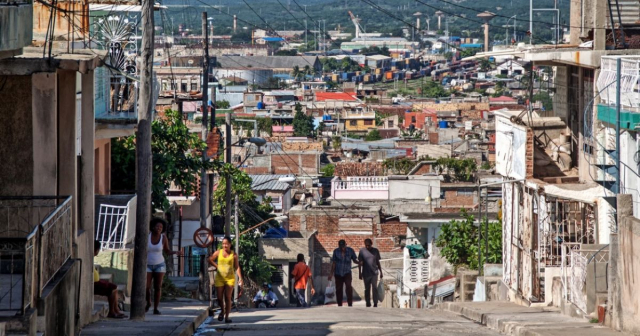
Cuba reports nearly 12,000 suspected cases of Oropouche since the first report of its presence in the country in May, revealed Ileana Morales Suárez, director of science and technological innovation at the Ministry of Public Health (MINSAP).
In a meeting with the top government leadership, the expert admitted that neurological complications and others are occurring in Cuba, as well as clinical manifestations that are not described in the literature.
According to Morales Suárez, to respond to this arbovirus from science, "a large package" of research is being developed to clinically characterize how the disease occurring in Cuba is. "We are characterizing how it affects the elderly, the very young, and pregnant women...", he detailed.
In addition, the Immunoassay Center is working on obtaining a rapid test for diagnosing the virus, while the Finlay Institute is studying the viability of obtaining a vaccine for disease prevention. On the other hand, entomological studies are being planned to learn more about the vector, based on research in the viral order at the IPK.
The scientist's expectations contrast with the reality of the country on the streets, where there are numerous sewage leaks, garbage in the streets, no fumigation, and a lack of medications.
At the beginning of the month, Dr. Roberto Serrano from Songo La Maya, Santiago de Cuba, claimed that under the current hygienic and sanitary conditions, it is not possible to eradicate the Oropouche virus.
"The conditions worsen every day and almost all diseases become endemic. Dengue appeared and we have never been able to eradicate it because there are simply more mosquitoes every day. There is no way that it can be eradicated," he declared to the independent portal CubaNet.
"When sanitary conditions are not changed, when everything remains the same, patients relapse, they have recurrences (...) There are patients who report as many as six or seven relapses, which is not common, for example, in dengue or in other types of viruses," he specified.
By the end of August, the Oropouche virus was already present in all provinces, 99 municipalities, and 172 health areas.
In less than two weeks, the numbers rose to 103 municipalities and 184 health areas.
On Tuesday, Florida health authorities confirmed that the total number of Oropouche fever cases rose to 70 in 2024, all linked to recent travel to Cuba.
International cases of Oropouche fever were recorded in individuals who visited Cuba two weeks before developing symptoms.
From September 8 to 14, 2024, 22 new cases of Oropouche were reported, all associated with travelers returning from the Caribbean nation.
What do you think?
COMMENTFiled under:






